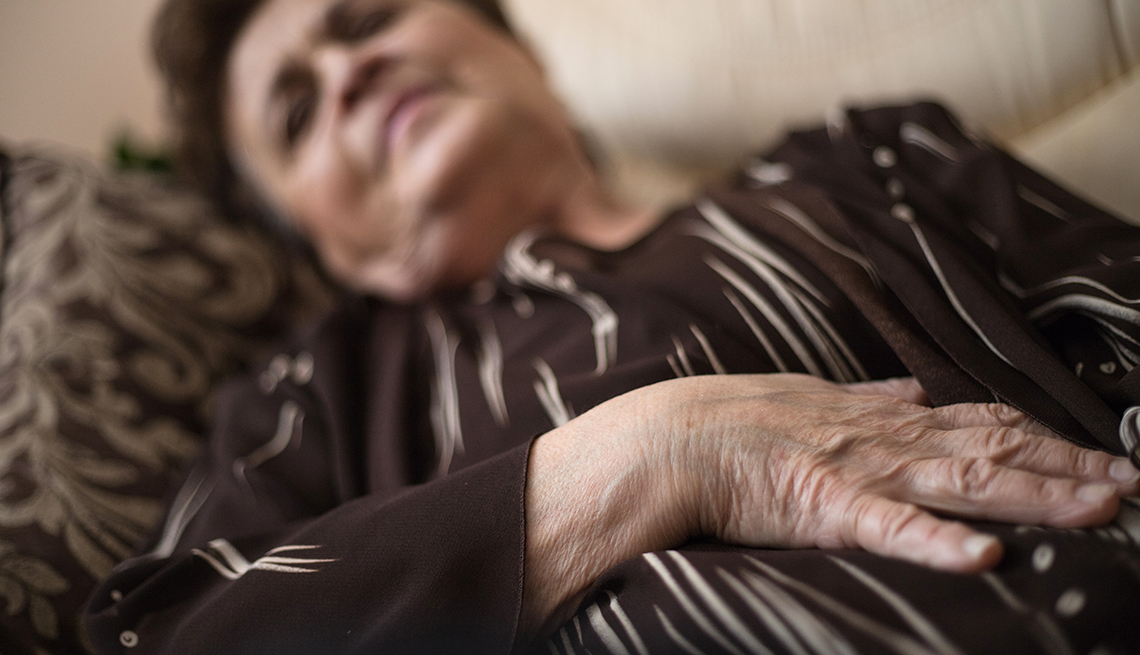
Coronavirus: digestive symptoms common in early diagnosis
- Select a language for the TTS:
- UK English Female
- UK English Male
- US English Female
- US English Male
- Australian Female
- Australian Male
- Language selected: (auto detect) - EN
Play all audios:

In a new study based on initial hospitalized coronavirus patients in China, researchers found that digestive difficulties like diarrhea or lack of appetite were common among the victims.
Although digestive ailments can be rooted in more benign causes, the symptoms may be a sign and should be considered in an effort to treat cases early and prevent further transmission, says
the co-editor of the medical journal that published the study. The study, published Wednesday in The American Journal of Gastroenterology, found that while most patients with COVID-19 have
respiratory symptoms, “early experience with the outbreak in Wuhan, China, revealed that many patients experienced digestive symptoms as their chief complaint.” There were 204 hospitalized
patients in the study with an average age of 55. Some 99 patients, or 48.5 percent, indicated that digestive symptoms, mostly lack of appetite or diarrhea, were their chief complaint. FOR
THE LATEST CORONAVIRUS NEWS AND ADVICE GO TO AARP.ORG/CORONAVIRUS. While acknowledging that the research was limited and that further study is necessary, the journal’s co-editor as well as
the authors of the report suggested that health professionals take such symptoms seriously, even before respiratory issues arise. “If somebody has a new fever and diarrhea, but they don’t
yet have respiratory complaints and they may have had contact with a COVID patient, that to me is a reason to test,” said Brennan M.R. Spiegel, M.D., co-editor-in-chief of the journal.
Spiegel stressed that digestive complaints are common and acknowledged difficulties in making assessments. “It would be impossible and certainly irresponsible to check for COVID in everyone
who had the [digestive] symptoms.” But the symptoms could be a sign, and an earlier diagnosis of COVID-19 could lead to earlier treatment and curb transmission of the virus to others,
Spiegel said. Monitoring solely for respiratory symptoms without taking digestive symptoms could undercut efforts to diagnose a positive COVID-19 case early, the authors warned. Researchers
found that patients with digestive symptoms on average were admitted later on during their illness, which the authors say may be attributable to patients not yet suspecting COVID-19 “in the
absence of respiratory systems, like cough or shortness of breath.” Another finding: At the time of the study, patients without digestive symptoms were nearly twice as likely to be cured and
discharged than patients with digestive symptoms (60 percent versus 34.3 percent). The official list of coronavirus symptoms published by the Centers for Disease Control and Prevention
includes fever, coughing and shortness of breath. Efforts to obtain agency comment were unsuccessful.
